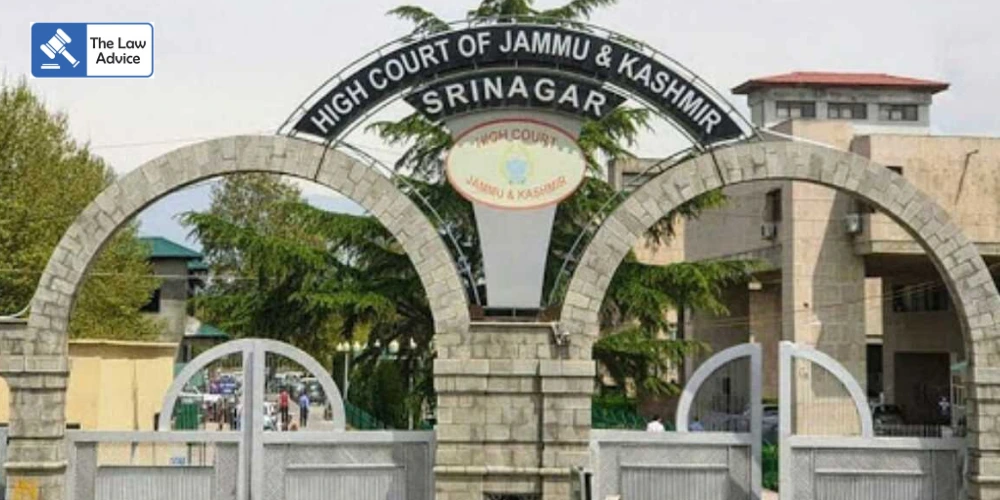
The High Court of Jammu & Kashmir and Ladakh has clarified that arrest warrants cannot be issued merely because a respondent fails to appear in proceedings under Section 12 of the Protection of Women from Domestic Violence Act, 2005. The Court held that unless the respondent is accused of committing a specific offence under the Act, the Magistrate is limited to proceeding ex parte once valid service of summons is established.
Justice Sanjay Dhar set aside a non-bailable warrant issued by a trial court, observing that such coercive measures do not fit within the scheme of the DV Act.
The case stemmed from an application filed by Shaziya Shah under Section 12 of the DV Act before the Additional Mobile Magistrate, Ganderbal. Her estranged husband, Rizwan Yousuf Qazi, failed to appear despite being served. Instead of continuing the matter ex parte, the Magistrate issued non-bailable warrants to compel his presence. Qazi then approached the High Court, also alleging that the trial court had not referred the matter for mediation and had delayed providing certified copies of important documents.
Justice Dhar reiterated that DV Act proceedings are quasi-criminal and that an application under Section 12 is not equivalent to a criminal complaint. This distinction, he emphasised, directly limits the Magistrate’s authority to employ coercive measures.
The Court stated:
“When a respondent who has been duly served in a Section 12 proceeding does not appear, the Magistrate may proceed ex parte but cannot issue warrants to compel attendance, unless the conduct of the respondent amounts to an offence defined under the DV Act.”
Finding the trial court’s order to be legally flawed, the High Court held:
“The issuance of warrants against the petitioner is not sustainable and is liable to be quashed.”
Accordingly, the non-bailable warrant was annulled.
As for the applicant’s contentions regarding mediation and certified copies, the High Court refrained from issuing directions. It left these issues to the trial Magistrate to address in accordance with law.
Case Title: Rizwan Yousuf Qazi v. Shaziya Shah
Website designed, developed and maintained by webexy